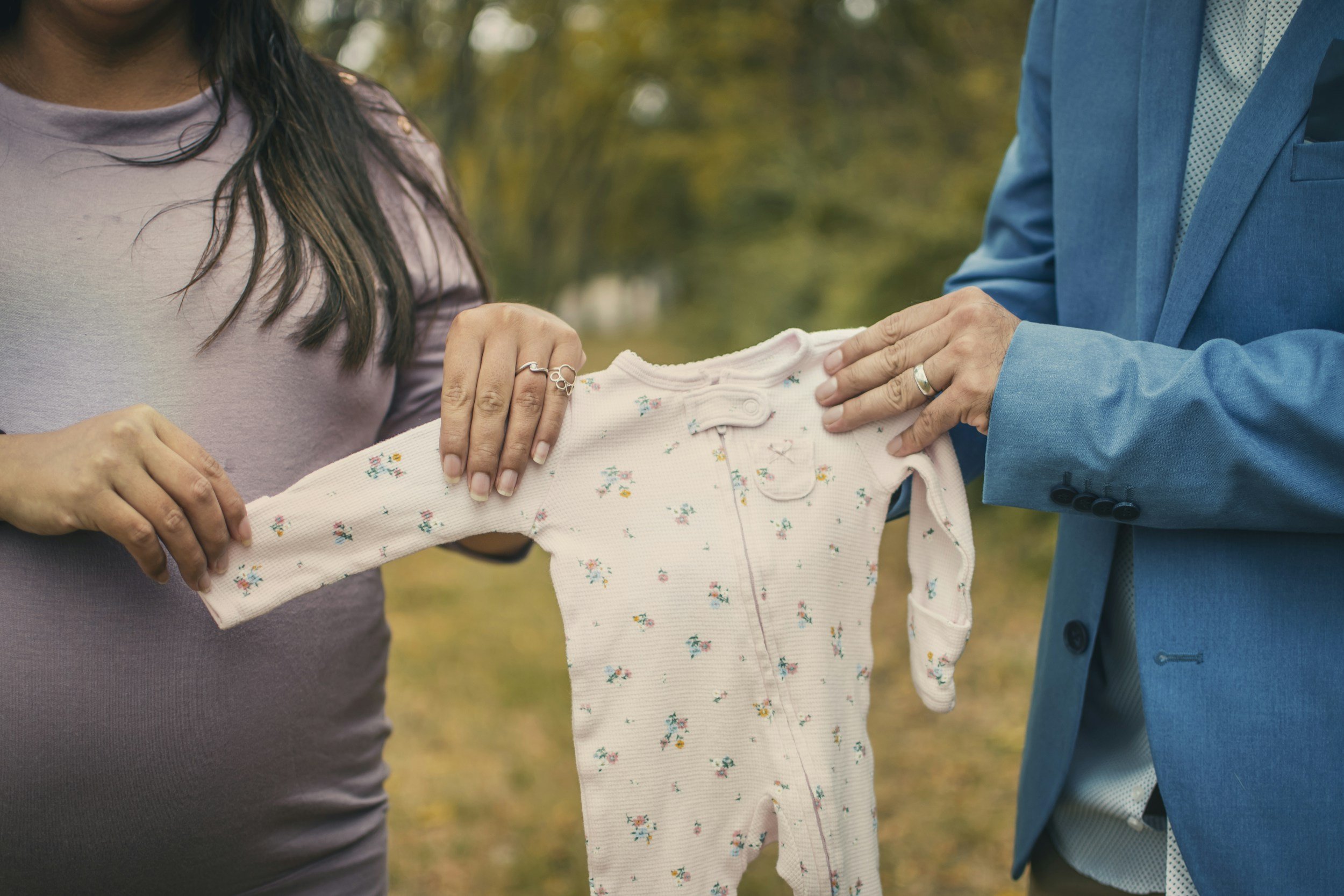Must reads to recognize & heal complex ptsd

How to surrender vs. giving up
If you’re recovering from past trauma, advice to let things go has been dismissive and ill-intentioned. Surrender instead means you accept things you cannot change.

How to receive when you’ve been taught to overgive
They say it feels better to give than to receive, but is that really true? What if you feel resentful about giving; does that make you a bad person?

How to comfort yourself when you’re scared
Have you experienced fear in your body when you had to give a speech or presentation? Did you comfort yourself or try to talk yourself out of your feelings?

How to understand addiction as a coping mechanism
You may have been punished for your wants and needs, or for having emotions. Enter an addiction to give you a release valve from all this self-oppression.

Why it’s important to focus on what you want
Many of us tend to focus on what could go wrong in a given situation and that makes sense when you have a history of things being taken away from you.

How to understand why criticism makes you fall apart
If you grew up without praise or encouragement, you will feel overly sensitive to criticism. You equate criticism with rejection that feels life-threatening.

How to make decisions from your highest self
If you’ve had a traumatic past, you find it difficult to make decisions. Instead of a calm, centered place, your choices are made from a sense of urgency.

Why it’s important to let go of needing to know why
Needing to know why keeps you stuck. You believe answering the question of why family members treated you the way they did will give you closure.

How to deal with guilt feelings and where they come from
Bréne Brown says guilt tells you when you’ve done something wrong. However, for those raised with abuse and neglect, guilt can be a conditioned response.

How to understand your fear of getting in trouble
Fear of getting in trouble is a symptom of childhood trauma. Whenever the phone rings or someone wants to talk, you assume it’s because you’ve done something wrong.

How to understand your need for certainty
Everyone has a need for certainty. For the childhood trauma survivor it feels like life or death because it developed as a response to feeling abandoned.

How to stop feeling alone and lonely
One outcome of growing up in a home with abuse or neglect is feeling alone in the world. If nobody had your back, you became self-sufficient to protect yourself.

Let’s talk about love
When the people who were supposed to love you didn’t, you feel like love is scarce, hard to get, and confusing.
But love is the most natural thing in the world.

Why the scapegoat leaves and how to survive the fallout
When the scapegoat leaves, it is after a long period of gaslighting and bullying that has created a sense of self-loathing and made staying intolerable.

How to overcome social anxiety from childhood trauma
If you grew up with abuse or neglect, you are a prime candidate for social anxiety. If your parents rejected you, it is hard to believe others will accept you.



